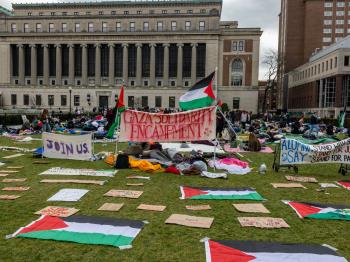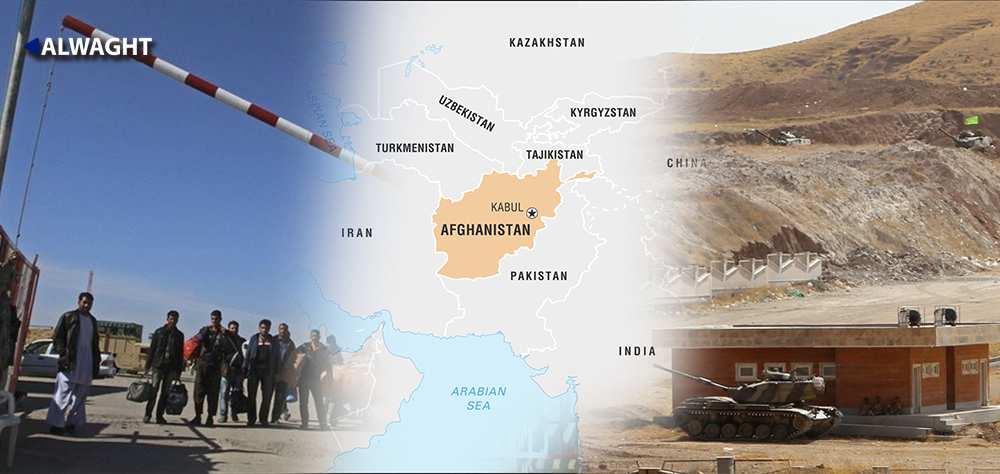Alwaght- The developments in Afghanistan have been moving fast over the past few months, and shortly after the foreign forces began their withdrawal, the Taliban militants began their rapid advances and have so far captured various regions across the country. According to Shahabuddin Delawar, the spokesman to the Taliban, during a recent Moscow visit, so far 250 out of the total 398 districts, which account for 85 percent of the country's territories, have fallen to the group's fighters.
At the time being, due to power vacuum caused by the pullout of foreign forces, ineffectiveness of the peace talks, warring sides' lack of will to settle problems on the negotiating table, and weakness of the central government, peace and stability in Afghanistan are as chaotic as those in 1990s. Indeed, after 20 years of US-led occupation of Afghanistan, the Asian country is on brink of a civil war.
Fatal fate of NATO-nurtured and equipped Afghanistan army
These days, publishing the images of Afghan soldiers surrendering to Taliban forces or the border guards fleeing across the border for fear of Taliban attacks in the media has taken aback the Afghan society. The fact that Taliban have been able to capture swathes of territories from Afghan government forces in a matter of few months is surprising. Many attribute the inefficiency of the Afghan army to the failure of NATO and US military projects in Afghanistan to organize, train, and equip a strong army. A similar experience occurred in Iraq at a time when, in 2014, ISIS terrorists, with fighters far fewer than the Iraqi army forces, took control of large parts of Iraq as far as Baghdad in the broad daylight. At the time, the Iraqi government's request for assistance from Americans was left unanswered, though the US had a security pact with Iraq signed in 2008.
Indeed, Afghanistan's destabilization and Taliban advances fully play into the hands of the US and NATO and serve their plans in the region. As Delawar said, there is no agreement with the UN for not attacking the remaining administrative offices under Kabul control. Also, the Western invasions under the excuse of security, renewal of army, and state-building are only for military presence. Genuine actions towards the claimed goals are not taken, or taken partially.
Taliban’s military strategy
But in the meantime, an important matter during the Taliban's advances is the group's focus on controlling borders, as now much of the borders with neighboring countries have fallen to their militants.
On Thursday, the group siezed Islam Qaleh border crossing with Iran. The important border covers an area from Iran to the borders with China. The group in its summer attacks took control of the northeastern province of Badakhshan and reached the mountainous border region with the Chinese province of Xinjiang. With the Taliban contacts to the Xinjiang-based Al-Qaeda affiliates, the captures are already a source of Beijing’s concerns.
On Friday, Russia's Interfax news agency reported that the group "seized two-third of the Afghanistan borders with Tajikistan."
Definitely, concentration on the borders in the first wave of attacks is not accidental. First, the border guards are more vulnerable than other forces as they are devoid of rigorous assistance and logistics for their distance from the central government. Second, losing the borders is heavy for Kabul politically and psychologically. The Taliban know that capture of the capital is difficult as it is the center of concentration of the government forces and can draw foreign sensitivity. Additionally, with control of the borders, the government will lose its revenue sources and imports and the gates for foreign military and logistics assistance. This at the end of the road will cut the government’s power to run its administration and meet the society's necessities.



























